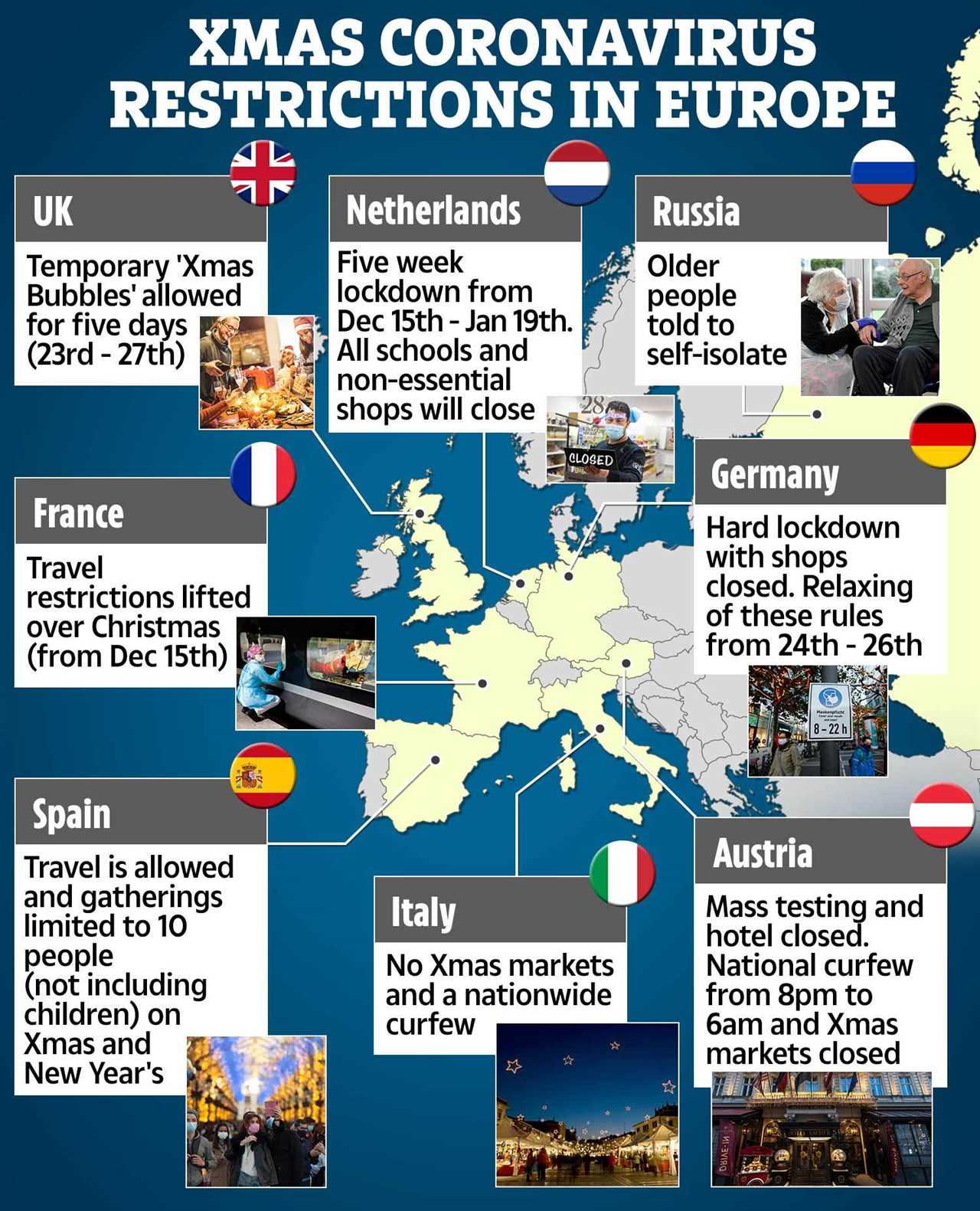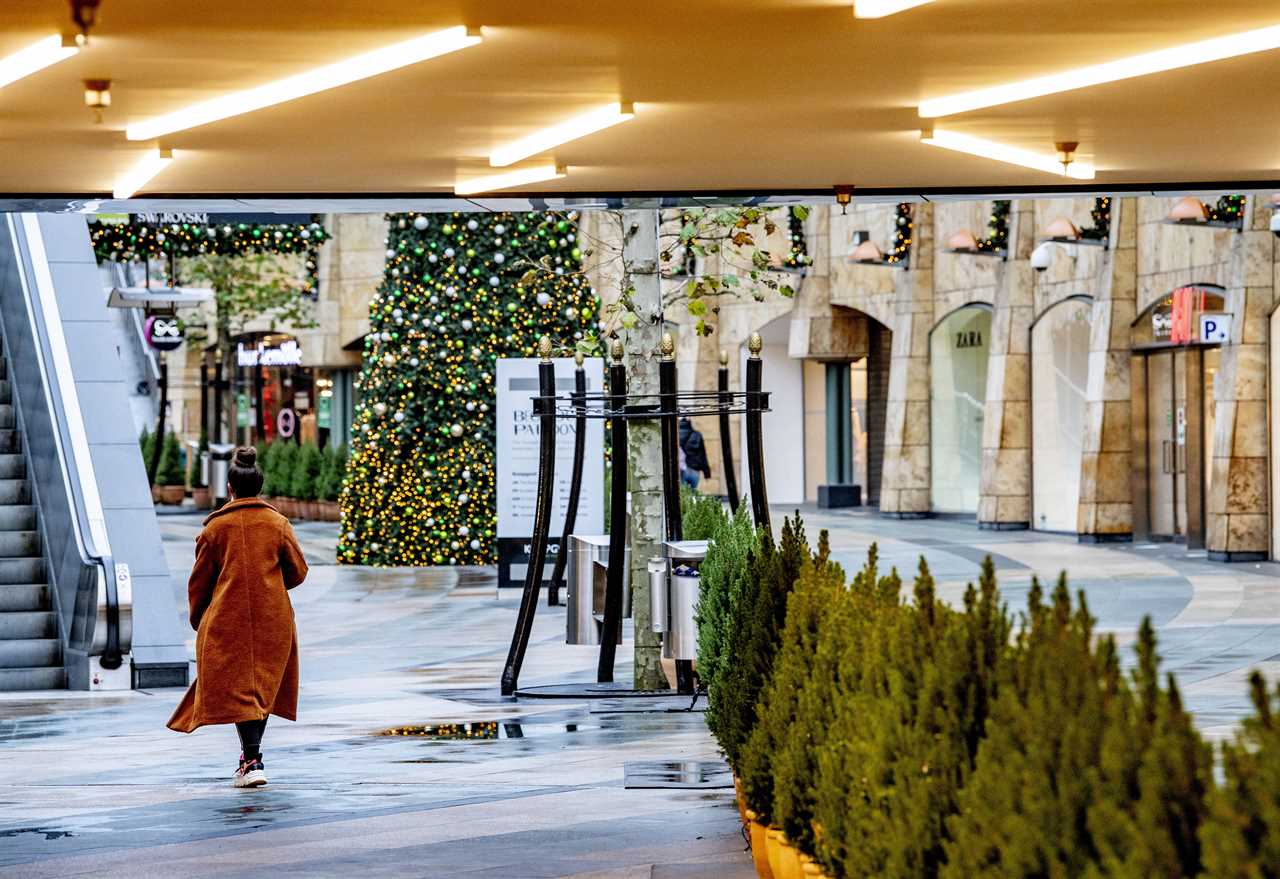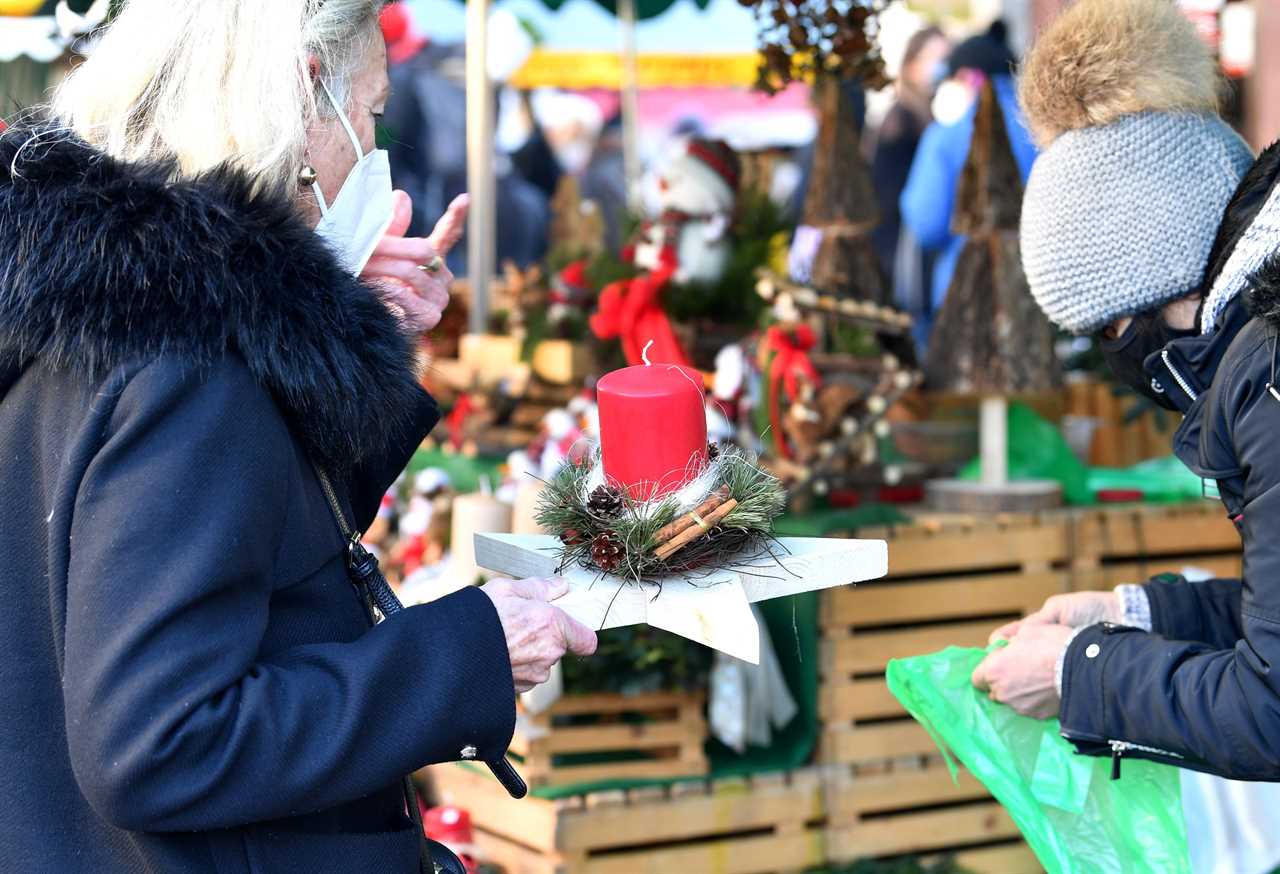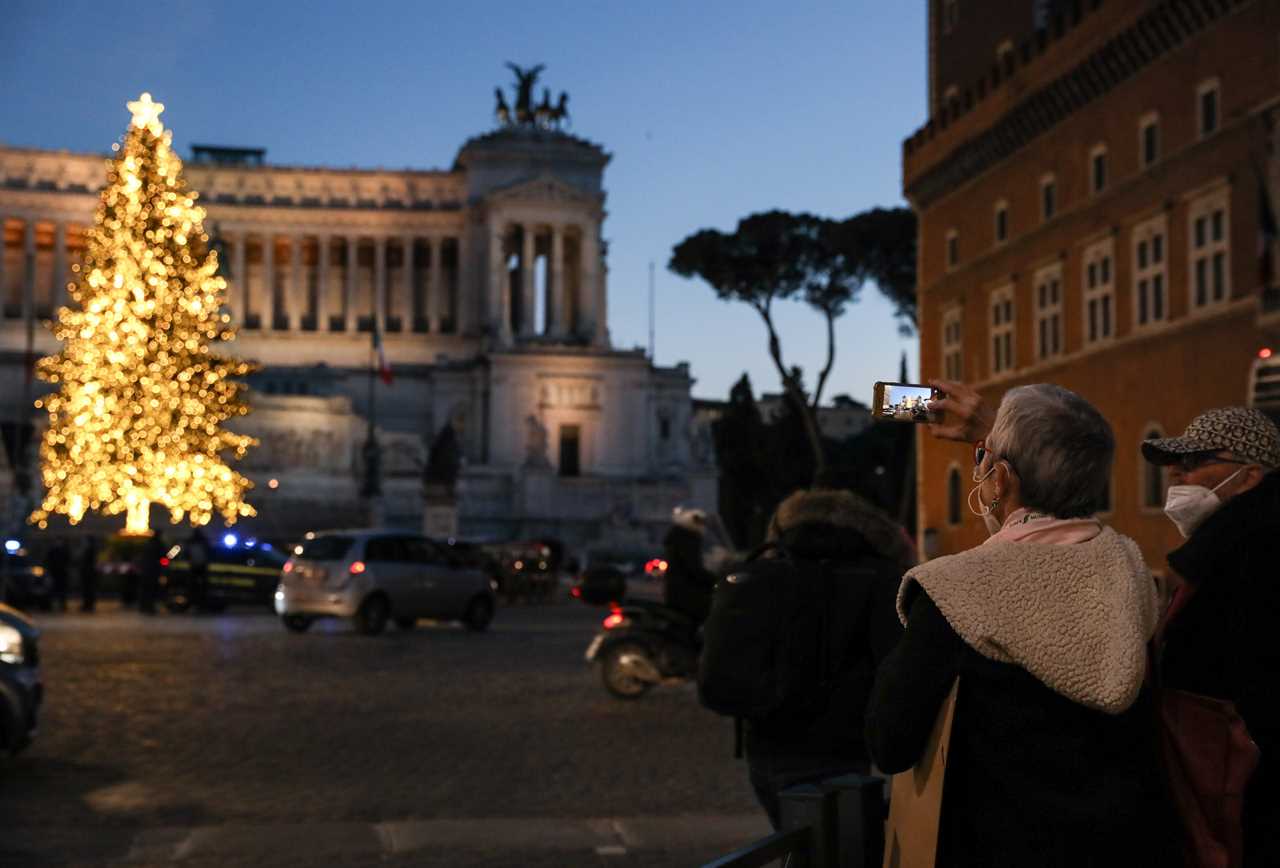AS fears over Christmas in the UK grow, countries across Europe have been forced to shut down for the festive period to stop a winter surge of coronavirus.
Last night, Matt Hancock warned that although the rules will be relaxed to let families reunite – Brits should be “extremely careful” as they head home for the holidays.

From December 23 to December 27, Brits will be able to form “festive bubbles” with up to three households.
The bubbles will be able to see one another in homes and outside, but not in hospitality venues.
And travel restrictions from other parts of the UK will be relaxed
Other European countries have gone even further to stop coronavirus ripping through the Christmas holidays.
Germany
Germany has been sent into a hard lockdown, with non-essential shops and beauty salons forced to close from tomorrow until at least January 10.
People are not allowed to meet up with more than five people from two households at a time.
Restaurants, bars and leisure centres have all been closed since November.
But these rules will be temporarily be relaxed over December 24 to December 26, to let families meet up in groups of up to 10 people, excluding children.

The Netherlands
Dutch PM Mark Rutte forced the Netherlands into another tough lockdown, after new coronavirus cases jumped by 40 per cent.
Non-essential shops and businesses, gyms, museums, cinemas and theatres would close for five weeks.
Pubs, bars and restaurants have all been closed from mid-October.
And the rules on meeting up are some of the toughest in Europe, with people told to stay at home and only have a maximum of two guests a day.
Over Christmas these rules will be marginally relaxed, to let people have three guests, excluding children under 13.
Italy
Italians will not be allowed to attend midnight mass on Christmas Eve this year and people must be home in time for the 10pm curfew.
Pope Francis has pushed his Christmas Eve Mass to start two hours earlier, allowing a limited number of people to attend.
But people will be banned from leaving their home towns on December on Christmas Day, Boxing Day and New Year’s day.
People are also not allowed to travel between regions between December 21 and January 6.
But there is no limit on the number of people allowed come over for a Christmas day lunch.
Though, the PM Giuseppe Conte, has warned “kisses and hugs” are off limits.


France
France has lifted the six-week ban on travelling around the country, but President Emmanuel Macron imposed a harsh 8pm-6am curfew for every night from now until mid-January.
The only exception is for Christmas Eve.
Museums, theatres, cinemas, restaurants, bars and cafes will all be forced to stay shut over the holiday period.
People are allowed to have a maximum of six people over to their homes, excluding children.
Austria
Austria’s second lockdown ended on December 7, but strict rules will stay in place for Christmas.
There is still a nationwide curfew from 8pm to 6am, but non-essential shops and other businesses have been allowed to reopen.
Restaurants and bars will be forced to stay closed, and the traditional Austrian Christmas markets will not be able to open.
Hotels can allow business travellers, but people visiting from countries with more than 100 cases per 100,000 must quarantine for 10 days.
Ski resorts, however, will be able to reopen on December 24.
Spain
Only 10 people will be able to reunite for Christmas and New Year.
Current rules only allow up to six people to meet up.
The curfew will be pushed back to 1.30am from 11pm on December and December 31.
But travelling between regions will be banned from December 23 and January 6.
Russia
People living in Moscow over the age of 65 or those in high-risk must self-isolate until January 15, over the Christmas period.
And restaurants and cafes in the capital, as well as reducing their capacity to 25 per cent.
The traditional month-long festive street festival is likely to be cancelled.
Other regions of Russia have introduced similar restrictions, though they vary.






